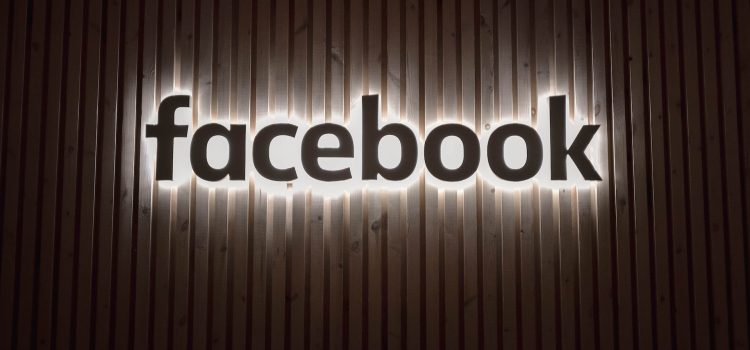
On August 25th, social media giants Facebook and Twitter will face new content rules in the European Union (EU) as the bloc tightens its regulation of online platforms. The move comes as part of the EU’s Digital Services Act, aimed at holding tech companies accountable for content posted on their platforms.
The new rules require social media platforms to remove illegal content, such as hate speech and terrorist propaganda, within one hour of receiving a notification from an EU member state. In addition, platforms must provide transparency reports detailing their content moderation processes and algorithmic ranking systems.
The EU’s justice commissioner, Didier Reynders, emphasized the importance of the new rules, stating that “the internet must remain a place of freedom and innovation, but it cannot be an ungoverned space.”
The regulations also give users the right to appeal content removal decisions and require platforms to provide clear and accessible complaint mechanisms. Social media companies with more than 10 million users in the EU must appoint a local representative to handle regulatory issues.
While some tech companies have voiced support for the new rules, others have expressed concerns about the impact on freedom of expression and the feasibility of the one-hour removal requirement. Facebook, which has faced criticism in the past for its content moderation practices, stated that it is “committed to working with the EU to get this right.”
Twitter, on the other hand, has been vocal in its opposition to the one-hour removal requirement, stating that it is “concerned about the potential impact on freedom of expression.” The company also noted that the timeline may not be feasible for all types of content, such as complex legal cases or historical archives.
Some experts have also raised concerns about the practicality of the new rules, noting the challenges of accurately identifying and removing illegal content within such a short timeframe. Others argue that the regulations may not go far enough, as they do not address issues such as disinformation and online harassment.
The EU’s move to tighten regulation of social media platforms comes amid growing global scrutiny of tech companies’ content moderation practices. In the United States, social media giants have faced criticism from both political parties over their handling of political speech and misinformation.
Overall, the new content rules for Facebook and Twitter in the EU represent a significant shift in the regulation of online platforms. While the regulations aim to hold tech companies accountable for illegal content, the impact on freedom of expression and the feasibility of the one-hour removal requirement remain subjects of debate. It remains to be seen how these rules will be implemented and enforced, and how other countries will respond to the EU’s efforts to regulate social media.








